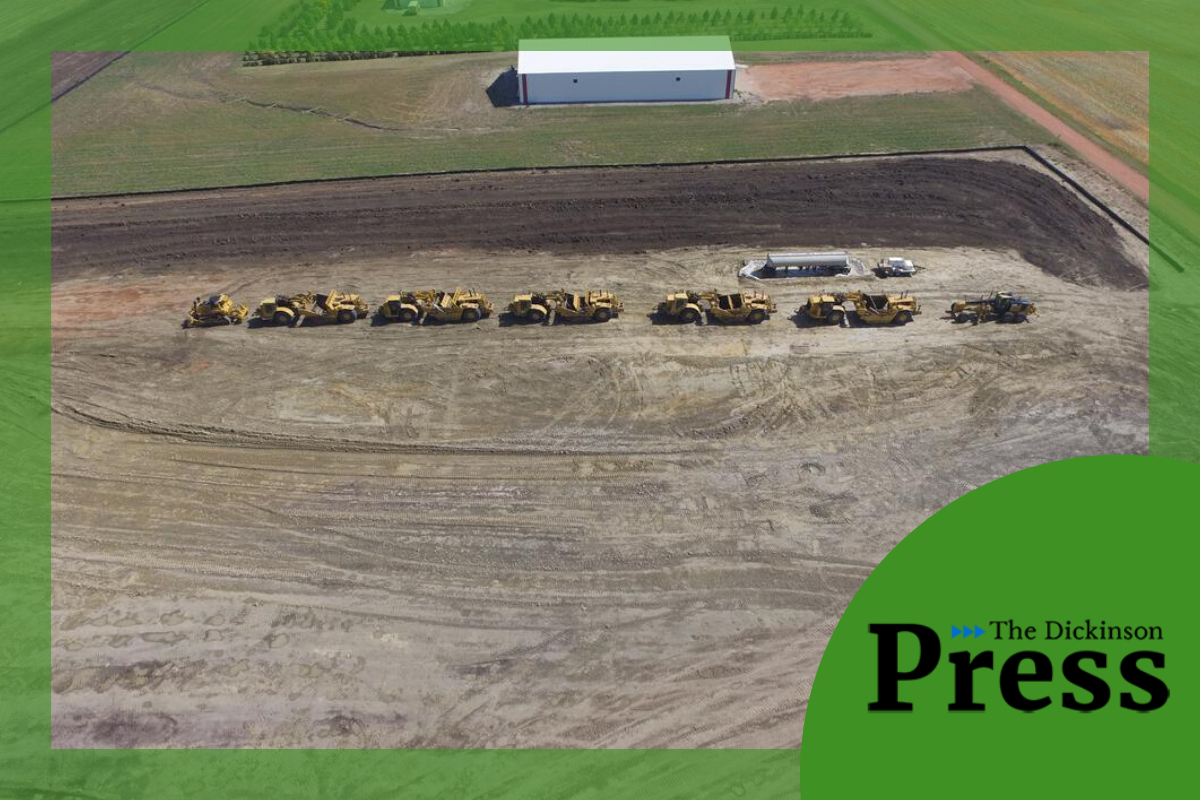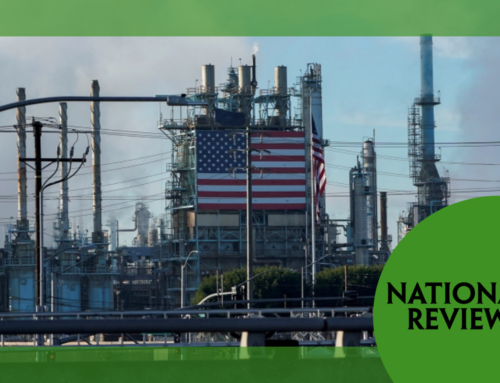By Kayla Henson
Source: The Dickinson Press
As part of its goal of creating the “clean” Davis Refinery, Meridian Energy Group are aligning their environmental and social management plan with the Equator Principles.
Equator Principles are a set of voluntary guidelines adopted by financial institutions to determine and manage environmental and social risk and impacts when financing projects. Over 100 financial institutions in 38 countries are signatories of the Principles.
William Prentice, Meridian’s chief executive officer, said the move is in line with the principles the company has held since its inception.
“When you’re going to be building refineries, you tend to have to go out and raise a lot of capital over time,” he said. “We became aware of this set of principles. It was already aligned with the way we were approaching the Davis Refinery in terms of permitting and environmental concerns and local/social concerns and everything we were doing, so it’s really kind of a simple thing to adopt that framework for the way we thought about the project.”
Although Prentice said it doesn’t change the company’s goals, adopting the language of the Equator Principles will be helpful in explaining the company’s vision to investors.
“Major investors don’t want to get up in the morning and see that their institution has been targeted for doing something really stupid or for being a financial backer to a project that is somehow now viewed as being a really stupid project,” he said. “You just simply can’t ignore the potential for that kind of event to occur going forward as an energy company that is going to be taking on quite a bit of capital over the next five to 10 years. We absolutely have to be sensitive to the fact that none of our investors want to wake up in the morning and see that kind of thing in the news.”
Having investors that are signatories to Equator Principles does not guarantee protection from “headline risk” — the possibility that a news story could adversely affect a company’s stock price.
Another energy project in North Dakota — the Dakota Access Pipeline — became the catalyst for revision to the Equator Principles. Out of its 17 financial backers, 13 were signatories to the Principles.
Meridian has been in a few legal battles of its own.
“All of the litigation challenges have been met and won except for two that are in final review by the North Dakota Supreme Court right now. Both of those cases heard oral arguments heard back in November or so. Anytime in the next month or so, we’ll probably find out about those,” Prentice said.
After the controversy surrounding the pipeline, Equator Principles officials met and revised the principles into what it calls EP4. Although those won’t be in effect until July 2020, Meridian has already aligned itself with them.
“It’s just another form of innovation in our industry,” Prentice said of the Principles. “Now, I think, you’re going to see a lot less of these kinds of controversial projects that erupt into that kind of a violent storm … people are just more careful and more planning goes into it and you make sure that the interest of everybody is at least recognized in some manner that makes it a deal that everybody can get behind.”
Assuming Meridian’s legal troubles are resolved soon, Prentice estimates the refinery will be in full commercial operation by 2023.
“We finalized a bunch of documents relating to the project financing and we’re now back out into the market. The current schedule calls for us to close the project financing in June and the plant will be in operation three years after that,” he said.







Leave A Comment